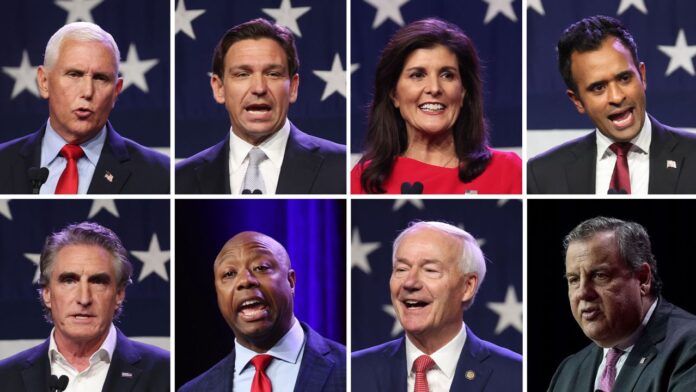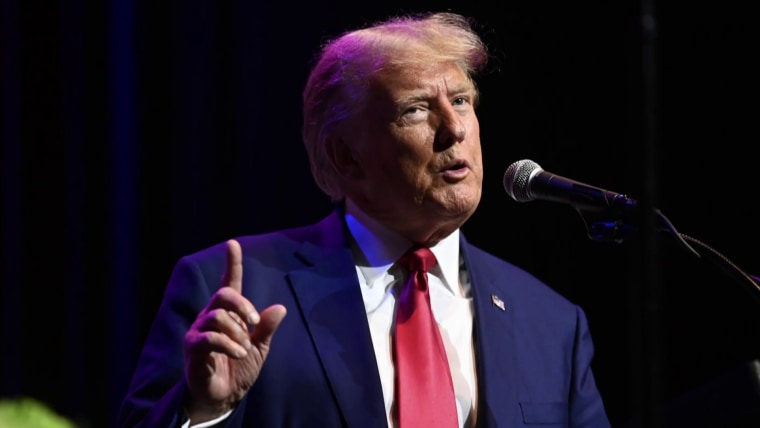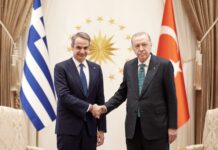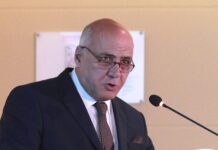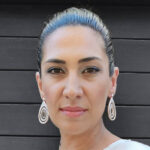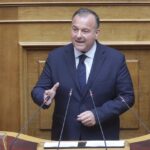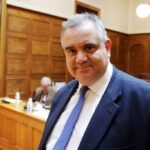WASHINGTON — Eight presidential hopefuls officially qualified for Wednesday’s GOP presidential debate in Milwaukee, the Republican National Committee confirmed Monday night.
While former President Donald Trump appeared to have met the party’s polling and fundraising thresholds, he won’t be on the stage, as he has refused to sign the RNC’s pledge to support the eventual nominee and announced he would skip the debate.
The candidates who qualified and opted to participate are:
- North Dakota Gov. Doug Burgum
- Former New Jersey Gov. Chris Christie
- Florida Gov. Ron DeSantis
- Former United Nations Ambassador Nikki Haley
- Former Arkansas Gov. Asa Hutchinson
- Former Vice President Mike Pence
- Businessman Vivek Ramaswamy
- Sen. Tim Scott of South Carolina
Miami Mayor Francis Suarez, former Rep. Will Hurd of Texas, businessmen Perry Johnson and radio host Larry Elder were left out.
The Hurd campaign appeared to take issue with the RNC’s requirement that qualifying polls survey “likely” Republican voters.
“If the GOP is looking to grow our electorate and beat Joe Biden, then we better have a clear understanding of what qualifies as a likely Republican voter. Anyone, regardless of party, who is willing to check the box for a Republican should be considered a ‘likely Republican voter.’ Expanding our party should be applauded, not penalized,” Hurd communications director Natalie Johnson said.
Johnson also said Hurd does not plan on dropping out of the campaign at this point.
Johnson tweeted his frustration at being left out, calling the process “corrupted.”
Trump will undoubtedly loom large — he’s the clear front-runner, and he leads in every recent national and state poll of Republican voters.
But his absence gives his rivals a high-profile opportunity to take their messages to a broad national audience — the debate will be broadcast on Fox News and Rumble, the online video and livestreaming website that’s a favorite of many conservatives — and to show how they fare in the crowded field.
Candidates had to meet the party’s polling and unique donor thresholds, as well as sign a pledge saying they’d support the eventual Republican nominee and not participate in any unsanctioned debates this cycle.
Those who struggled to make the first debate may have a steeper hill to climb to make the next one in September. While the unique donor threshold goes up only from 40,000 to 50,000, candidates will need to register 3% in a handful of qualifying polls, up from 1% for the first debate.


